Kosovo passports "going like hot cakes"
The Priština authorities say they have so far issued 55,000 of the new “Republic of Kosovo” passports, say local media.
Tuesday, 19.08.2008.
11:49

The Pristina authorities say they have so far issued 55,000 of the new “Republic of Kosovo” passports, say local media. The passports began to be issued at the end of July, the document takes seven days to be issued, and costs EUR 26. Kosovo passports "going like hot cakes" Countries that have recognized Kosovo independence also recognize that passport, printed in Germany. It is claimed that the document meets all European standards. Fisnik Rexhepi, Kosovo Interior Ministry adviser, says there were big queues in the first few weeks because of high demand. This was further exacerbated by the high numbers of Albanians working abroad who had come for their holidays and wanted to take the opportunity to take out the new documents. That is why applications were accepted on Saturdays, with counters frequently closing as late as 23.00 CET. The issuance procedure is the same as for that of the UNMIK passports, which are no longer available. “Citizens should prove that they are residents of the Republic of Kosovo, enclose a birth certificate, pay EUR 26, and starting from this week, on the advice of international representatives, bring a certificate proving that they don’t have a criminal record,” says Rexhepi. He says that because of the well-known situation in majority-Serb municipalities, particularly in northern Kosovo and Strpce, it is still not possible to submit applications there. “There is an interest among members of the Serb community to receive Kosovo passports, and we will soon hold a public ceremony when we'll issue a passport to the first Serb,” says Rexhepi. According to the Interior Ministry adviser, the passports have been officially recognized by, among others, Germany, Sweden, the U.S., Macedonia, Croatia, while, he claims, the majority of EU members recognize the passports. Reiterating that Turkey was among the first countries to recognize Kosovo, Deputy Head of the Turkish Office in Pristina Dogan Ishik says that they began issuing visas to Kosovo citizens on August 11, and that this was the case in all Turkish embassies around the world. Visas can be received at all border crossings and at Turkish airports. “As far as tourist visas are concerned, they can be received within a day and cost EUR 10, while longer visas take two to three weeks to be issued and cost EUR 25,” says Ishik. The Kosovo authorities have sent a request for recognition of the passports to all countries around the world, together with a CD, where it is stated that the passport has over 100 security measures, which, says Rexhepi, attests to the quality of the document. However, regardless of quality, Serbia remains a no-go area for bearers of the new passport. “I believe we have a mutual interest with Serbia when it comes to movement of people, goods, services and capital. Those are universal EU values,” says Rexhepi, voicing his confidence that “Serbia will grasp the new reality in Kosovo.” Besides ordinary passports, the provincial authorities have also begun issuing diplomatic passports, new ID documents, as well as driving licenses. These should fully replace the documents until recently issued by UNMIK. According to Rexhepi, the process will be complete once the EU reaches an agreement on visa liberalization with the Kosovo government, and once the province’s citizens can freely travel around Europe, which is currently not the case.
Kosovo passports "going like hot cakes"
Countries that have recognized Kosovo independence also recognize that passport, printed in Germany. It is claimed that the document meets all European standards.Fisnik Rexhepi, Kosovo Interior Ministry adviser, says there were big queues in the first few weeks because of high demand.
This was further exacerbated by the high numbers of Albanians working abroad who had come for their holidays and wanted to take the opportunity to take out the new documents. That is why applications were accepted on Saturdays, with counters frequently closing as late as 23.00 CET.
The issuance procedure is the same as for that of the UNMIK passports, which are no longer available.
“Citizens should prove that they are residents of the Republic of Kosovo, enclose a birth certificate, pay EUR 26, and starting from this week, on the advice of international representatives, bring a certificate proving that they don’t have a criminal record,” says Rexhepi.
He says that because of the well-known situation in majority-Serb municipalities, particularly in northern Kosovo and Štrpce, it is still not possible to submit applications there.
“There is an interest among members of the Serb community to receive Kosovo passports, and we will soon hold a public ceremony when we'll issue a passport to the first Serb,” says Rexhepi.
According to the Interior Ministry adviser, the passports have been officially recognized by, among others, Germany, Sweden, the U.S., Macedonia, Croatia, while, he claims, the majority of EU members recognize the passports.
Reiterating that Turkey was among the first countries to recognize Kosovo, Deputy Head of the Turkish Office in Priština Dogan Ishik says that they began issuing visas to Kosovo citizens on August 11, and that this was the case in all Turkish embassies around the world.
Visas can be received at all border crossings and at Turkish airports.
“As far as tourist visas are concerned, they can be received within a day and cost EUR 10, while longer visas take two to three weeks to be issued and cost EUR 25,” says Ishik.
The Kosovo authorities have sent a request for recognition of the passports to all countries around the world, together with a CD, where it is stated that the passport has over 100 security measures, which, says Rexhepi, attests to the quality of the document.
However, regardless of quality, Serbia remains a no-go area for bearers of the new passport.
“I believe we have a mutual interest with Serbia when it comes to movement of people, goods, services and capital. Those are universal EU values,” says Rexhepi, voicing his confidence that “Serbia will grasp the new reality in Kosovo.”
Besides ordinary passports, the provincial authorities have also begun issuing diplomatic passports, new ID documents, as well as driving licenses. These should fully replace the documents until recently issued by UNMIK.
According to Rexhepi, the process will be complete once the EU reaches an agreement on visa liberalization with the Kosovo government, and once the province’s citizens can freely travel around Europe, which is currently not the case.










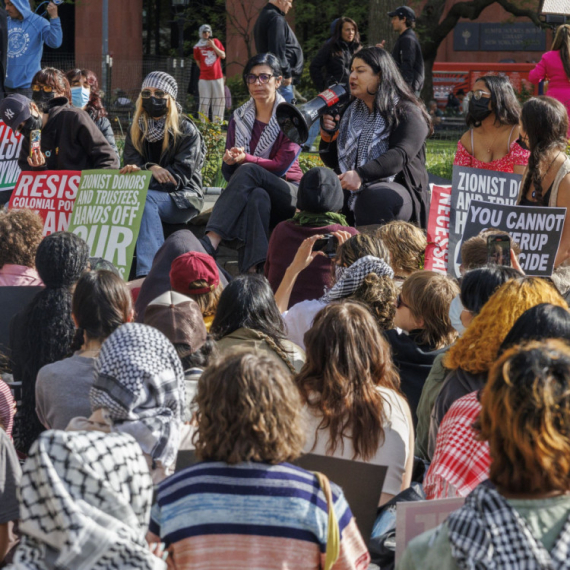
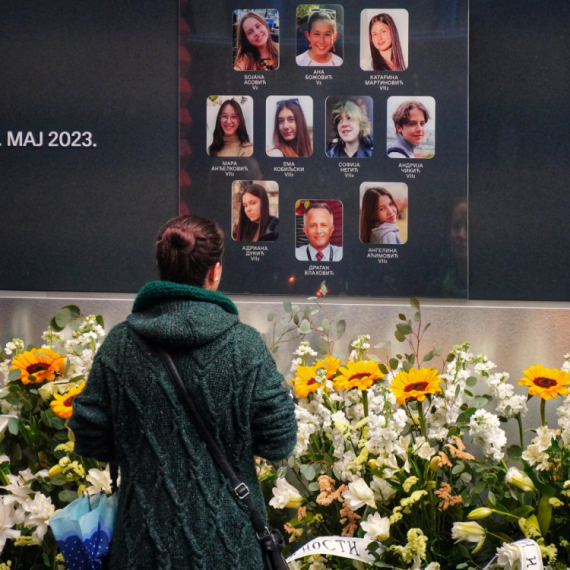

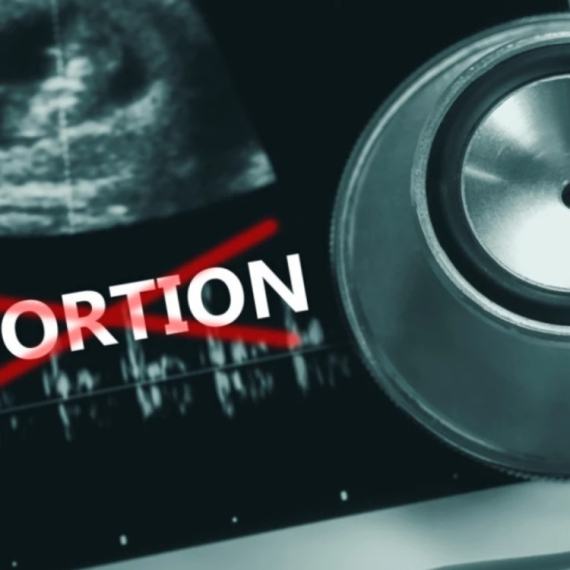
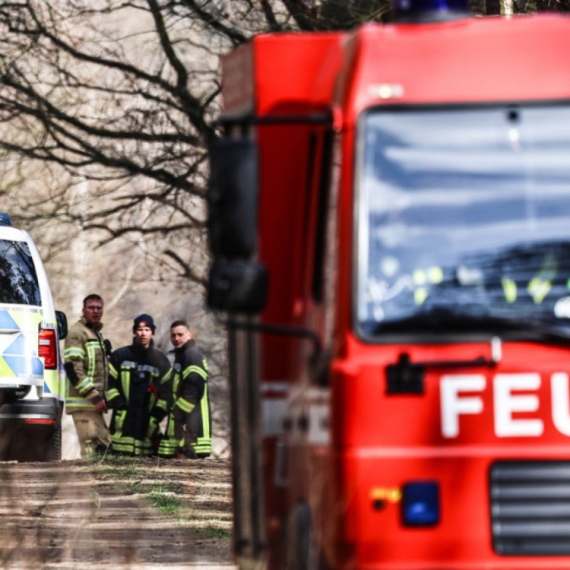


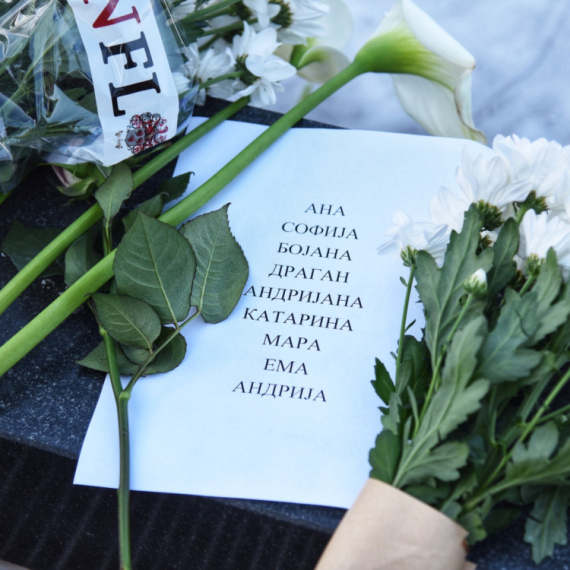

























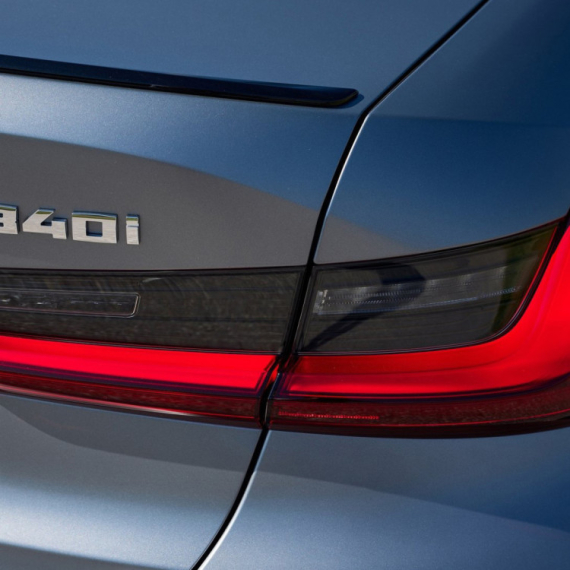

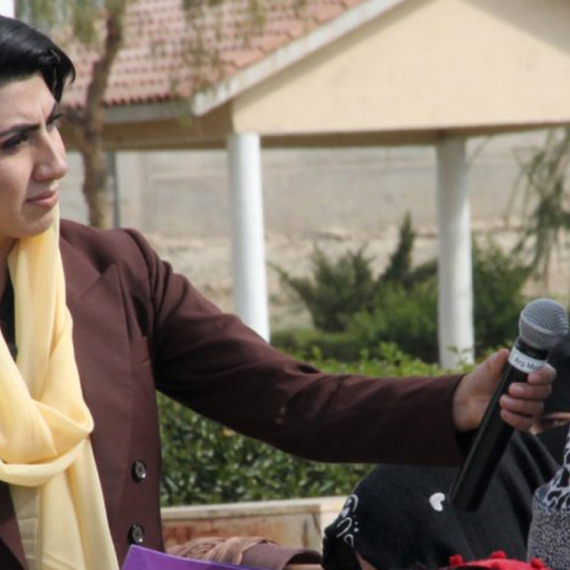

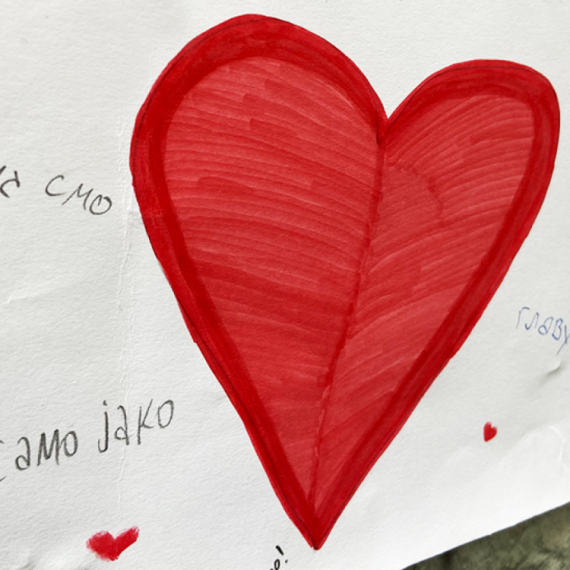


Komentari 12
Pogledaj komentare